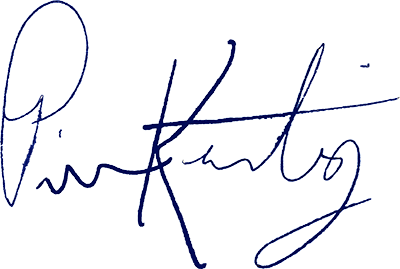Somewhere in Daniel Coyle’s The Talent Code, he reveals that all it would take to get less good at something would be no more than thirty days, or just around a month’s time. Even the world’s most adept masters, according to Coyle, are not exempt from this rule. For Yo-yo Ma to start to get worse, he would just have to not practice for thirty days.
Well, before he got worse, he would probably plateau – but in Coyle’s terms, that’s essentially the same thing. In other words, if you’re not actively getting better, you’re actually getting worse.
Along the way, putting aside certain skill sets in favor of new ones might make sense. Time, changing circumstances, personal growth, and practical considerations are all factors which help to determine which skill sets we might put aside for a time, or, abandon altogether.
If we don’t keep up with any skill set for an extended period of time, then it will be that much more difficult to come back to. For example, if you’re a personal development guru and you took a month off from public speaking, you’d really have to kick your butt to get back in the groove. And the time and effort it would take to do so would hopefully warrant that such a lengthy vacation wouldn’t happen again. But if Tony Robbins decided to take a month off from, say, eating red meat, or even decide to become a vegan, his business probably wouldn’t take nearly as much of a fall. (This is strictly a made-up example – I have no idea about Mr. Robbin’s dietary preferences.)
Now let’s say Mr. Robbins liked to play basketball. Basketball, most would agree, is a wholesome and beneficial activity. But if Mr. Robbins decided to drop this activity, and not play basketball for a month, that too would not harm or really effect his primary calling, life coaching, in any way.
It’s up to us how we’d like to manage our skill sets. Some may go by the wayside, others might become more important as we decide that it makes sense to focus on them in order to achieve a new goal or Vision. This is all okay, just so long as we understand that there is always give and take, push and pull. More focus in one area might mean less attention on another, and vice versa. And if we decide to come back to something we’ve let go for thirty days or more, we’ll be that much more hard pressed to get back up to speed.
Balance doesn’t look like two weights at either end of the scale perfectly level, hovering, still. Balance is a constant, adaptive process – up and down, up and down. Balance is motion, and stagnation is stasis. Balance is never really completely achieved – it’s an ideal, just like everything worth shooting for.

